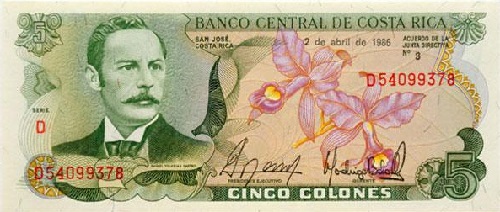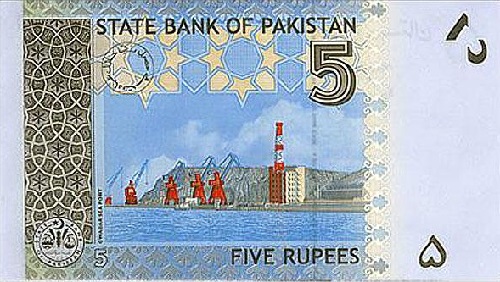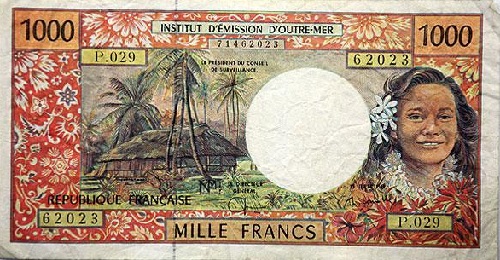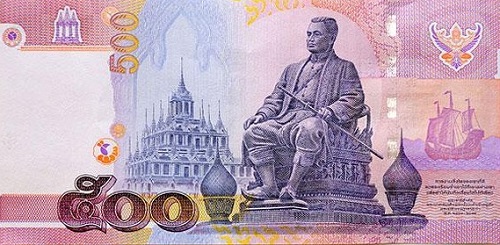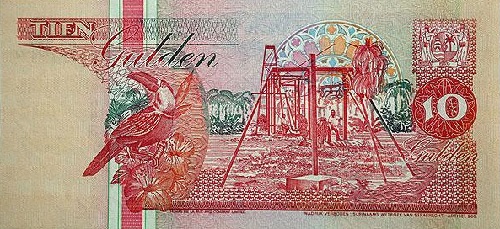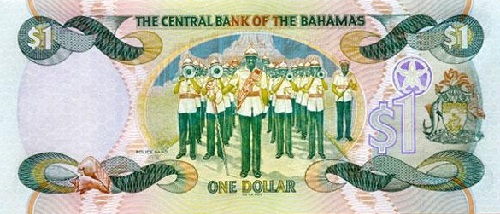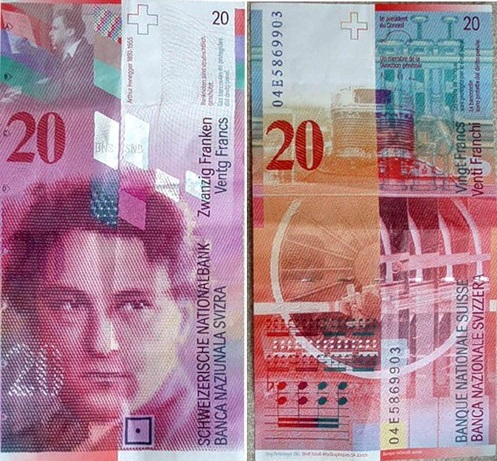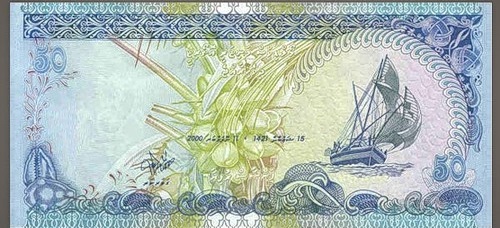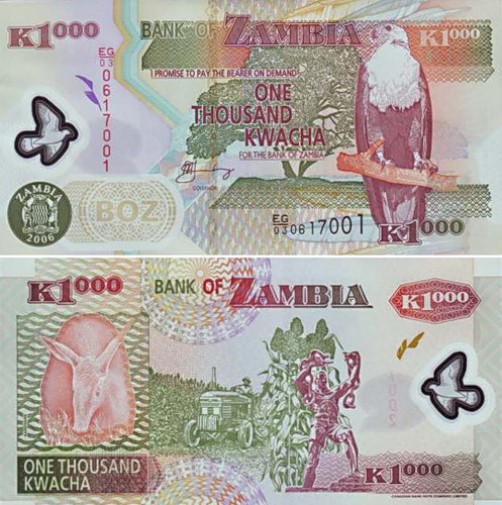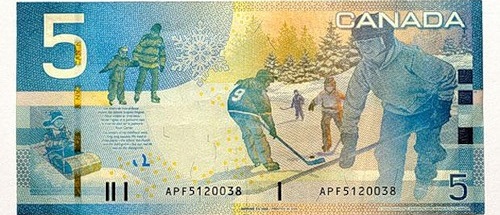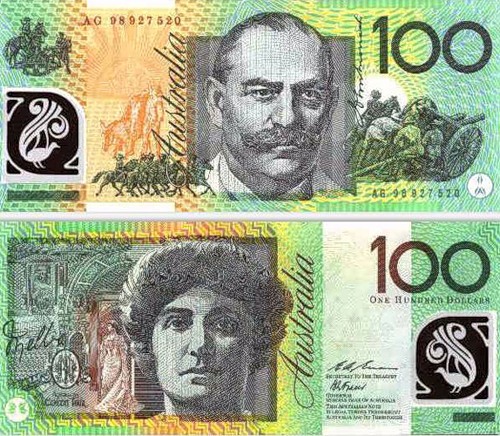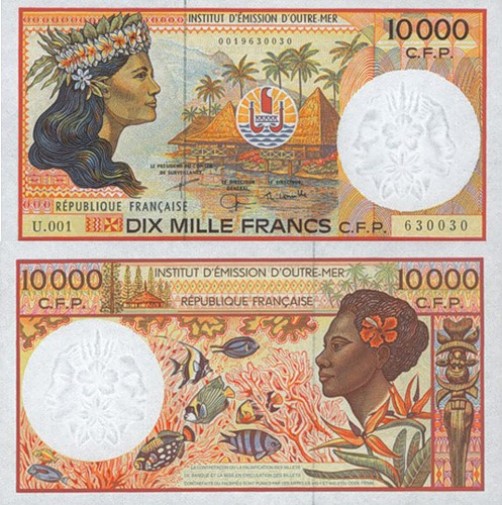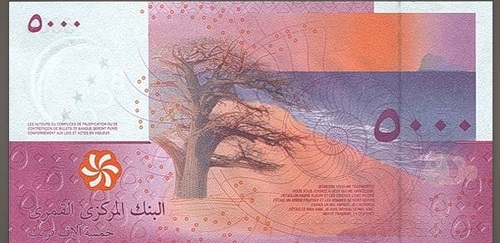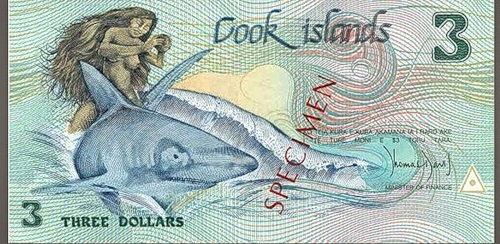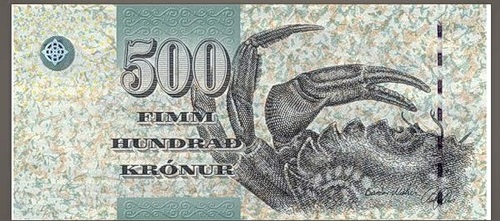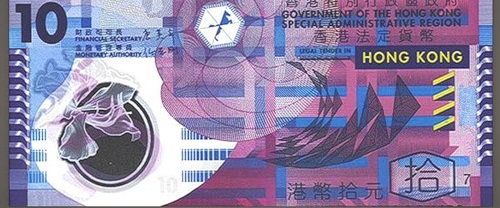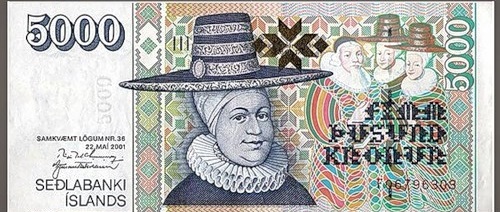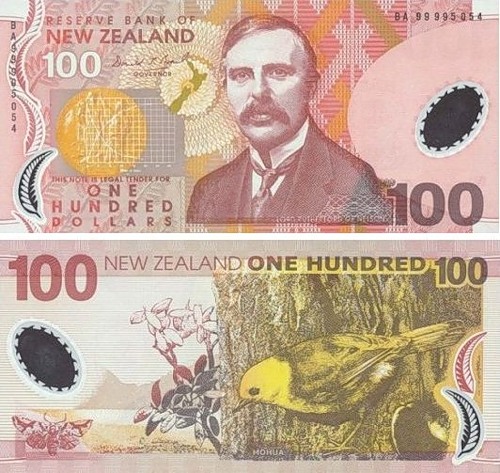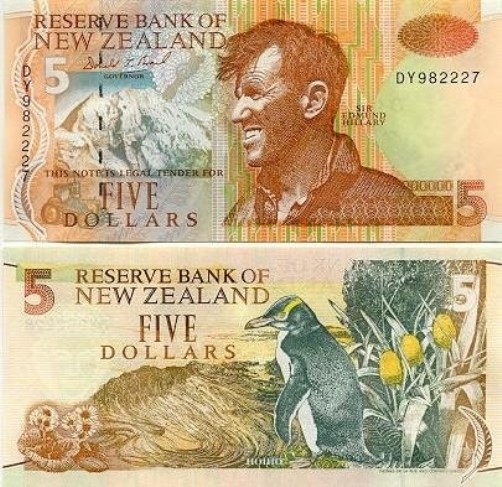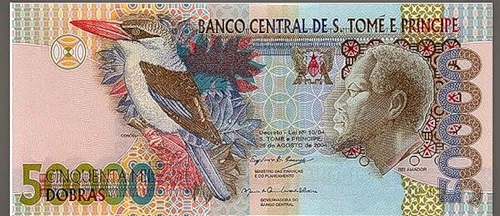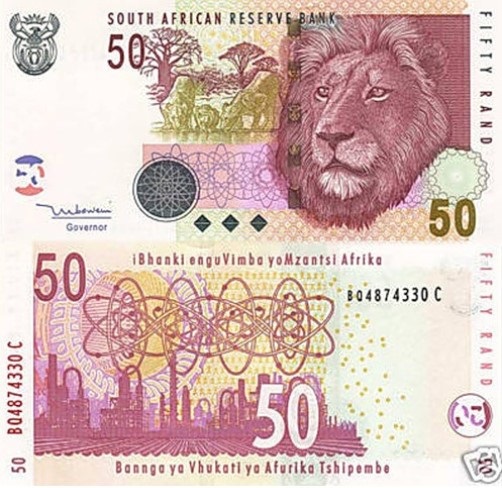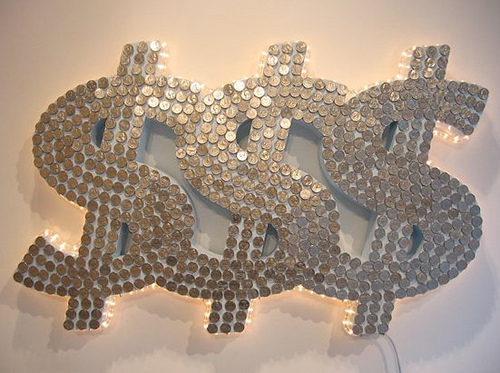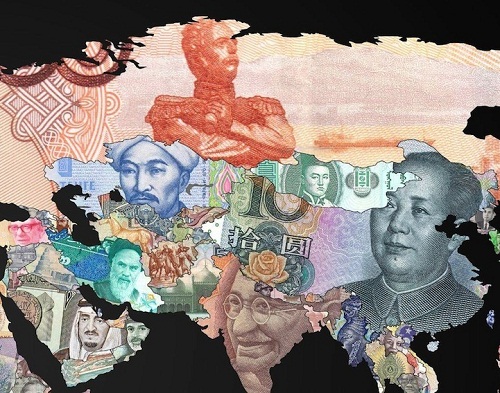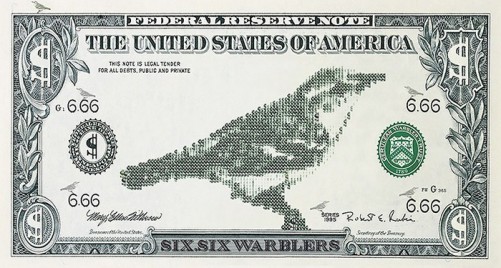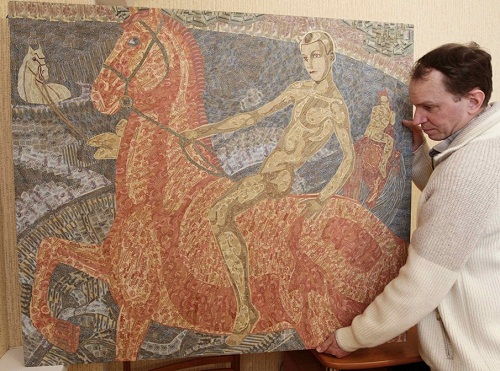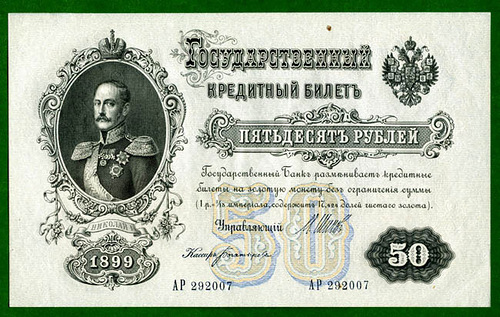The art of money
The art of money
Traditionally, beautiful currencies of different countries inspire us. Meanwhile, we admire them not as banknotes, but as a kind of art. For example, Costa Rican banknote, that shows Rafael Yglesia Castro, president of Costa Rica from 1894 to 1902 and a Guaria Morada orchid, Costa Rica’s national flower. Noteworthy, the current series of banknotes is being replaced throughout 2010.
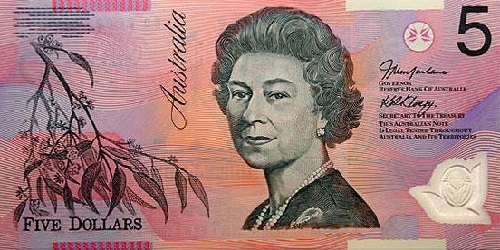
A colorful five dollar Australian note. In 1965, Australia adopted the name ‘royal’ for its currency, but it was later dropped in favor of the dollar
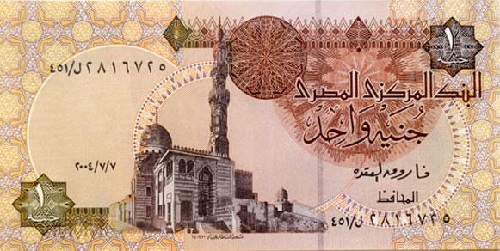
A note for one Egyptian pound. All Egyptian banknotes are bilingual, with Arabic text and Eastern Arabic numerals on one side, and English and Hindu Arabic numerals on the reverse
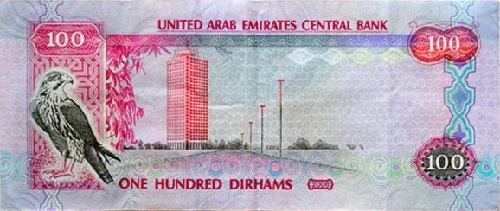
A 100 dirham note from the UAE, showing the World Trade Centre. A falcon watermark is placed on all UAE banknotes to help prevent fraud
The art of money
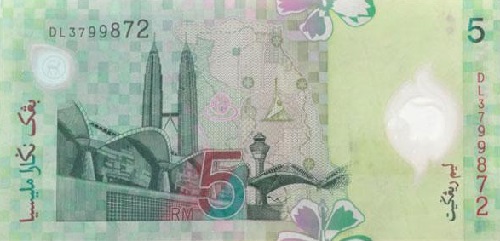
A five ringgit note from Malaysia showing the Kuala Lumpur International Airport, the Petronas Twin Towers, and the Multimedia Super Corridor

A 20 rand note from South Africa. Each in this series of banknotes features a different animal from the ‘big five’
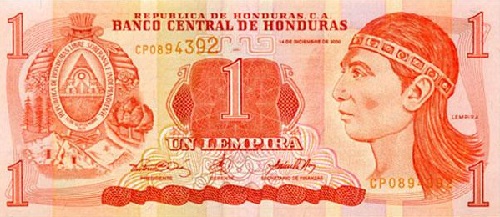
A one lempira note from Honduras. The lempira was introduced in 1931, and is named after a 16th century ruler who led resistance against Spanish conquistadors
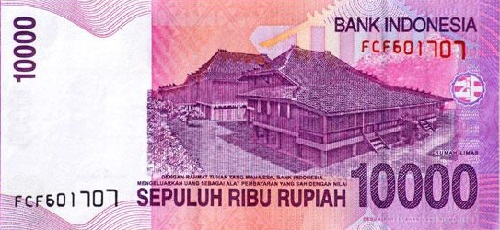
An Indonesian note for 1000 rupiah. The word rupiah derives from the Indian rupee. This note shows traditional houses in the city of Palembang
telegraph.co.uk/finance
